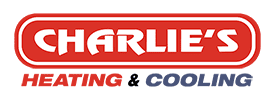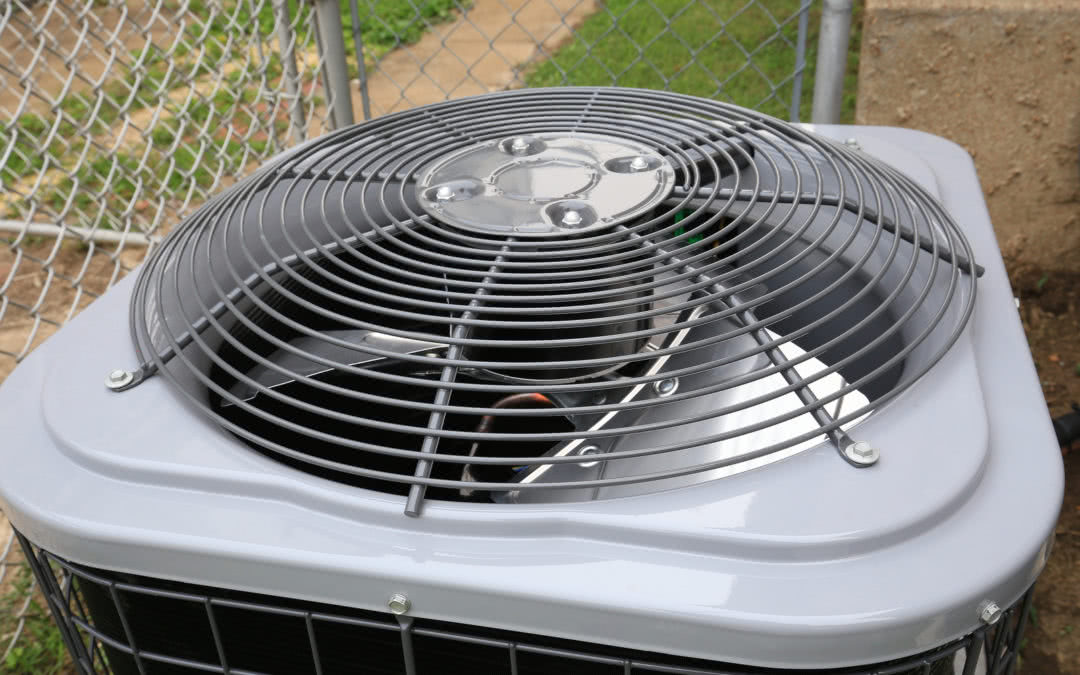Your HVAC system’s efficiency plays a major role in your monthly energy bills in High Point, North Carolina. Additionally, efficiency can impact how comfortable it feels in each room of the house. Several factors impact HVAC efficiency, and some of them may come as a surprise to you.
Age
One of the most impactful aspects of your heating and cooling system is its age. Most HVAC equipment has a lifespan of about 15-20 years, and as your unit reaches that point, its efficiency will start to decline. If you have had your furnace or air conditioner for more than a decade, it’s time to start thinking about a replacement. You won’t only spend more in monthly bills to continue operating the less efficient system. You’ll also start to experience problems that require repairs.
Outdated systems use parts that are harder to find and more expensive to replace. That’s why it often isn’t worth the cost to repair a system that’s more than 10 years old. Parts will wear out and break down more frequently. As a result, it’ll cause you to spend more on various repair services than upgrading to a more efficient, modern model.
Ratings
The ratings of your unit might look like a confusing series of numbers and letters. But these combinations mean something.
The most common rating used on HVAC equipment is the Seasonal Energy Efficiency Ratio, or SEER. When the SEER rating is higher, the unit uses less energy to cool and heat your home.
Units with higher SEER ratings are more expensive, but the higher cost tends to be offset by the lower bills. Other ratings include Heating Seasonal Performance Factor, which measures the heating efficiency of a heat pump, and Annual Fuel Utilization Efficiency, which measures the fuel utilization and efficiency of a furnace.
Size
An HVAC unit’s size also impacts its overall efficiency. When your unit is too large, it tends to run for shorter periods of time, delivering uneven cooling or heating. An HVAC system that’s too small will run for longer periods to reach the set temperature, wasting quite a bit of energy.
A furnace or an air conditioner will only reach its SEER or AFUE rating when an authorized service technician has installed it. Improper installation or installing a unit that’s the wrong size can void the warranty and cause all types of comfort and energy problems.
Placement
When a thermostat is in direct sunlight, it won’t send accurate temperature readings to the system. Some thermostats hang on walls that get a lot of sun exposure throughout the day. Make sure to keep windows covered to avoid this issue. When your thermostat reads higher, the air conditioning system will run for longer periods of time in an attempt to lower the indoor temperature, which wastes more energy. If your thermostat isn’t placed in direct sunlight but still seems to be reading the temperature incorrectly, you might need to replace the unit.
Outdoor Climate
The climate outside also impacts how efficiently your HVAC unit can operate. When it’s especially hot or humid outside, the moisture and high temperatures tend to creep indoors, especially if you have the windows open or the doors ajar. During the warm summer months, keep your doors and windows closed to avoid letting hot, humid air into your home. Use ceiling fans to reduce your reliance on your air conditioner.
Air Filter
The air filter in your HVAC system plays a vital role in its efficiency. As air moves through the unit, it moves through the filter. The filter then removes dust, pollen, dirt, pet hair, dander and other debris. This allows the air to flow more freely and prevent contaminants from settling and building up in the ducts. Without a clean air filter, your system will operate less efficiently and your indoor air quality will worsen.
Don’t spend more money than needed to cool and heat your home. For more information about HVAC efficiency, contact Charlie’s Heating & Cooling at (336) 629-5453. We can help you maximize energy efficiency and save on monthly utility costs.
Image provided by Bigstock









